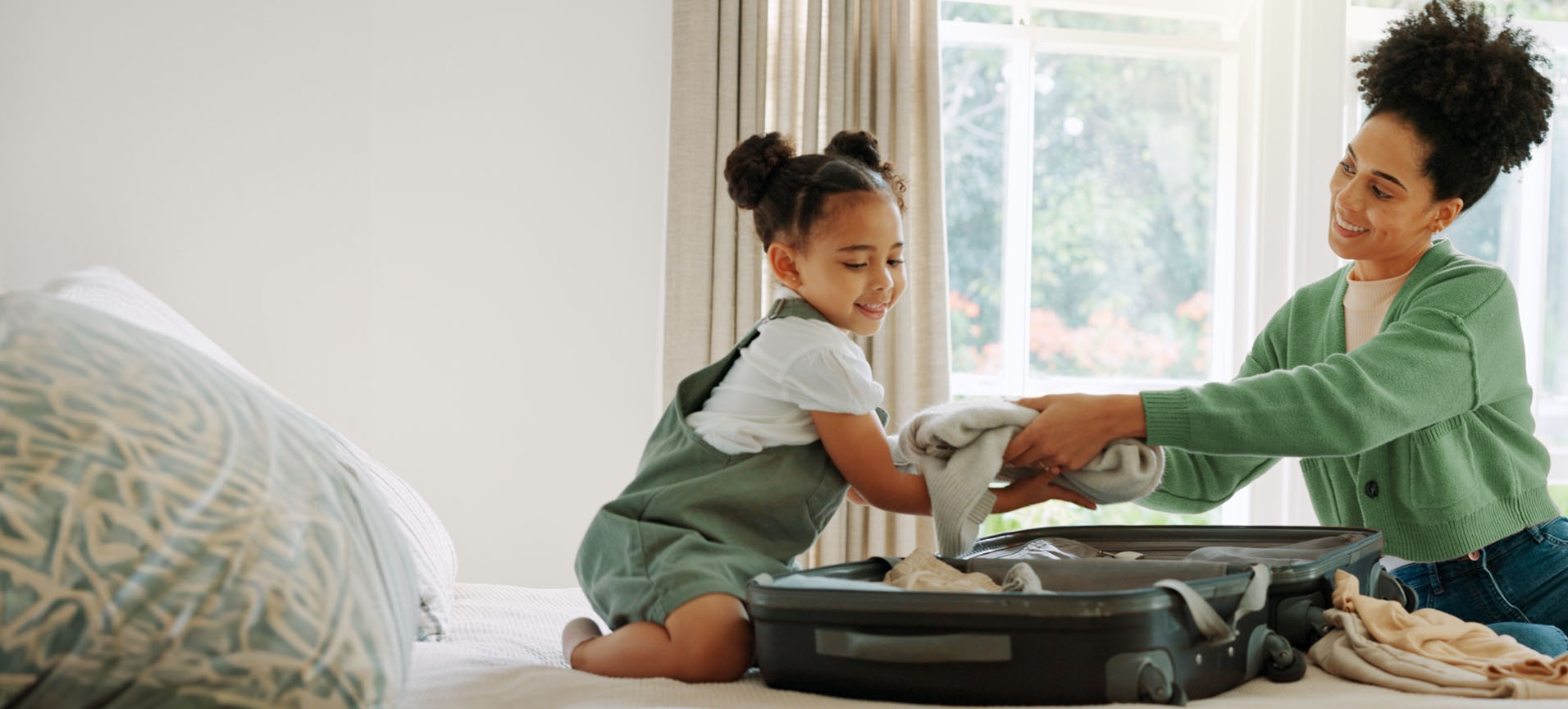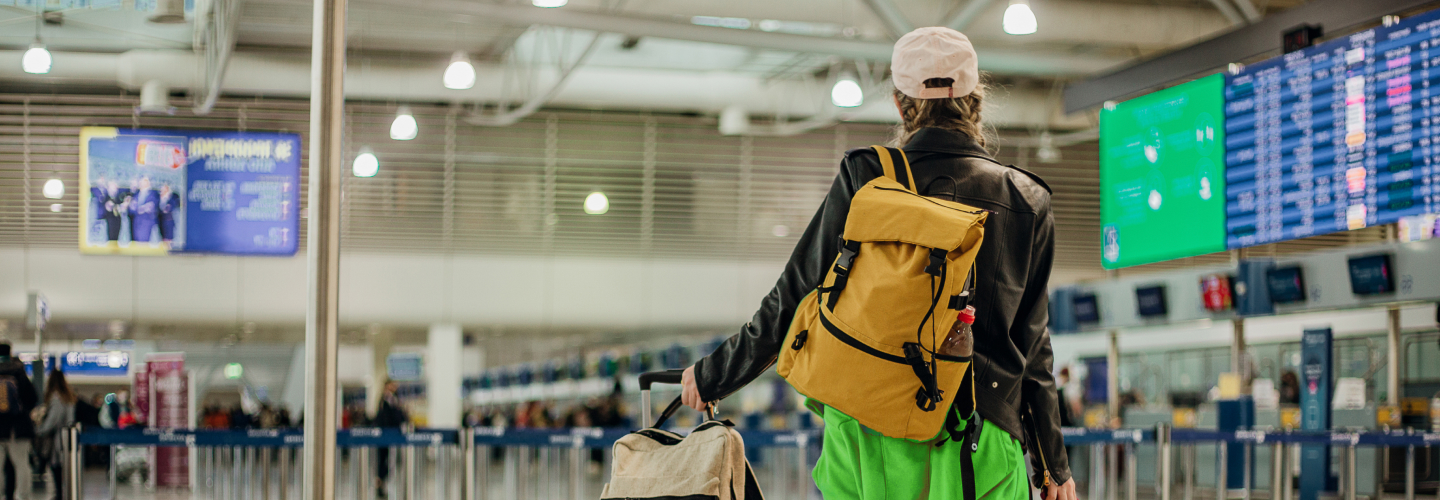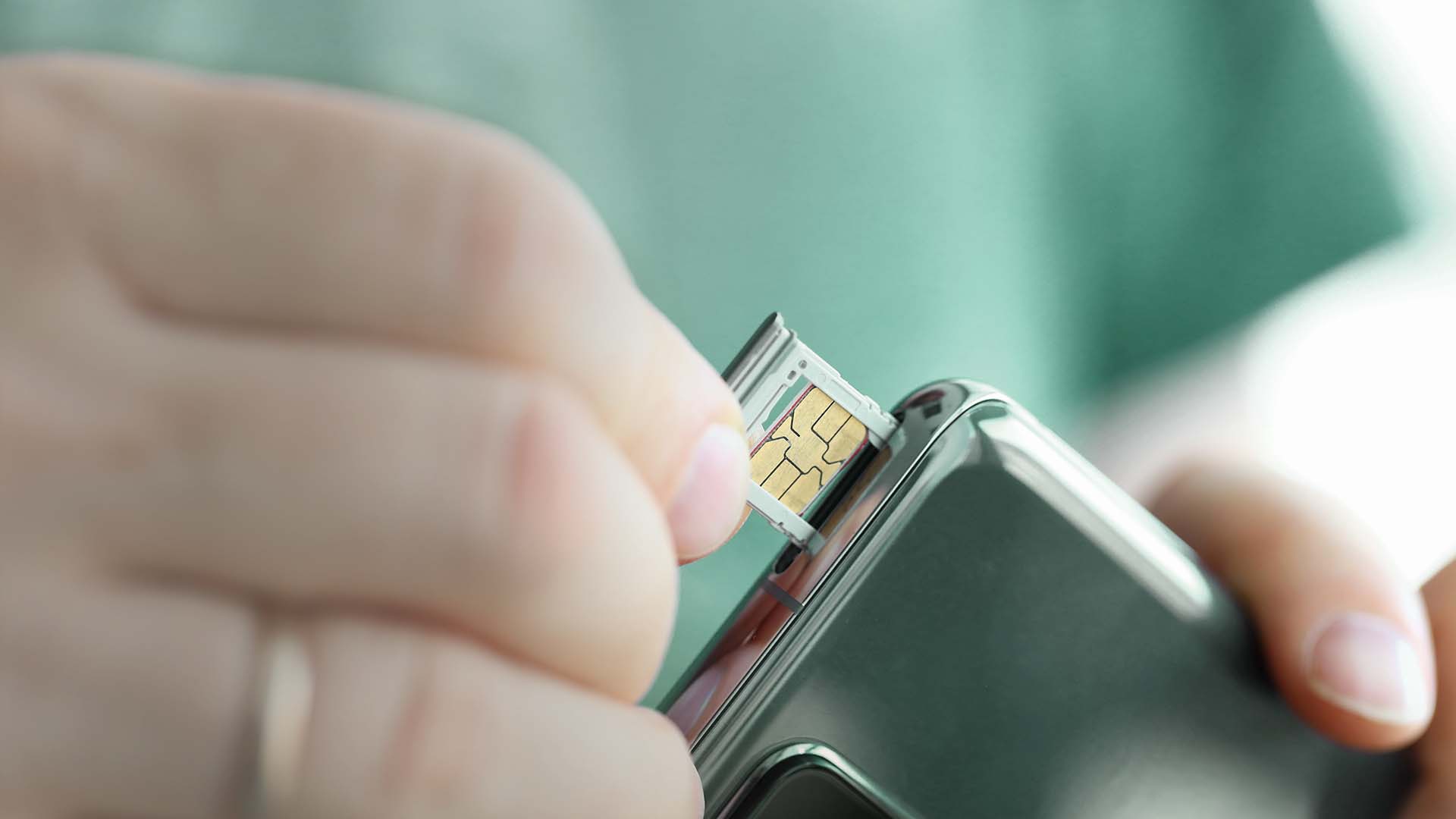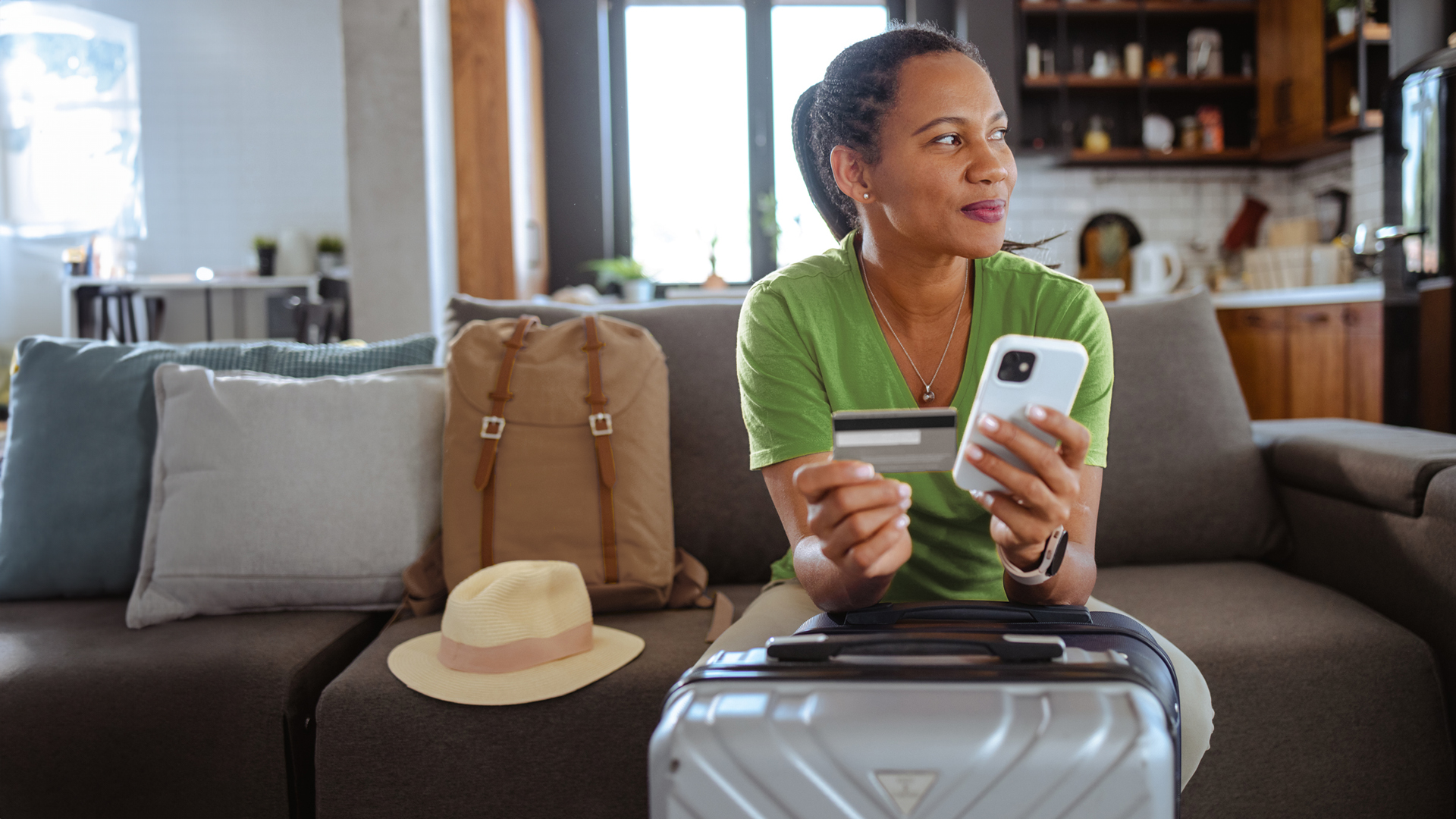3 ways you can avoid being broke after a holiday
3 ways you can avoid being broke after a holiday
Staff writer
3 mins
Some tips to help you avoid eating nothing but noodles for a month afterwards.
Travelling soon? Once you’ve decided on a holiday, it’s easy to ignore your budget in the excitement. Taking a break should be fun, and it can be if you focus on the serious stuff first, before you splurge on a sunhat or snow boots.
A vacation can become an expensive exercise, and you want to avoid taking on unnecessary debt – either to pay for your trip, or to survive until the next payday after you get back. So, planning a holiday also involves financial planning – here are 3 tips that might make it easier:
1. Draw up a holiday budget
Before you even book your trip, draw up a budget for your holiday based on what you can afford to spend. If you’ve been making smart money choices, you could have a holiday savings account to fund your getaway. Include all the expenses that this amount will need to cover – travel, accommodation, meals, entertainment, tourist attractions, etc.
It’s best to budget per day. You’ll most likely pay for accommodation, flights and transfers or car hire in advance. Then divide your remaining holiday money into a daily budget for meals, sightseeing and souvenirs.
Make sure that you stick to your budget. Keep track of your spending and check that you are still within budget every day. If you go over your daily limit one day, make sure that you balance it out by subtracting the excess you spent from your budget for the next day.
2. Investigate ways to save money
This may require some research. Explore these possibilities:
- Visit discount travel sites
Look for travel sites that offer discounts on accommodation, trips, sightseeing and so on. Research the activities and excursions that you can enjoy at your destination, then look for packages that will help you save.
Make sure that you pack everything you need for any activities
- Book accommodation that includes meals
Even if your room rate only includes breakfast, that’s still one meal a day taken care of that you don’t need to include in your daily budget. If you book self-catering accommodation with cooking facilities, you can shop locally and make your own meals, which will be cheaper than dining out all the time.
- Book well in advance
Flights and accommodation are often available at much cheaper rates if you book several weeks or even months in advance, rather than a few days before you leave. You’ll save on costs and give yourself more to spend on your daily budget.
- Take advantage of rewards
Many banks, travel agencies and airlines offer travel-related rewards. Check if you have any reward points accumulated that you can use to lower the cost of flights, car hire, accommodation, etc.
3. Create an itinerary
Plan each day of your trip carefully so that it fits your daily budget. Make sure that you pack everything you need for any activities, so that you don’t have to buy or hire accessories or equipment at your destination, while your personal gear lies unused at home.
Travelling can be fun, especially if you don’t come home with empty pockets. By planning carefully and saving where you can, you can enjoy an exciting trip without spending what you don’t have.
You can book memorable discount holidays in South Africa and save money with Avo by Nedbank.
Disclaimer: This blog is intended for general information purposes only and is not financial advice.








